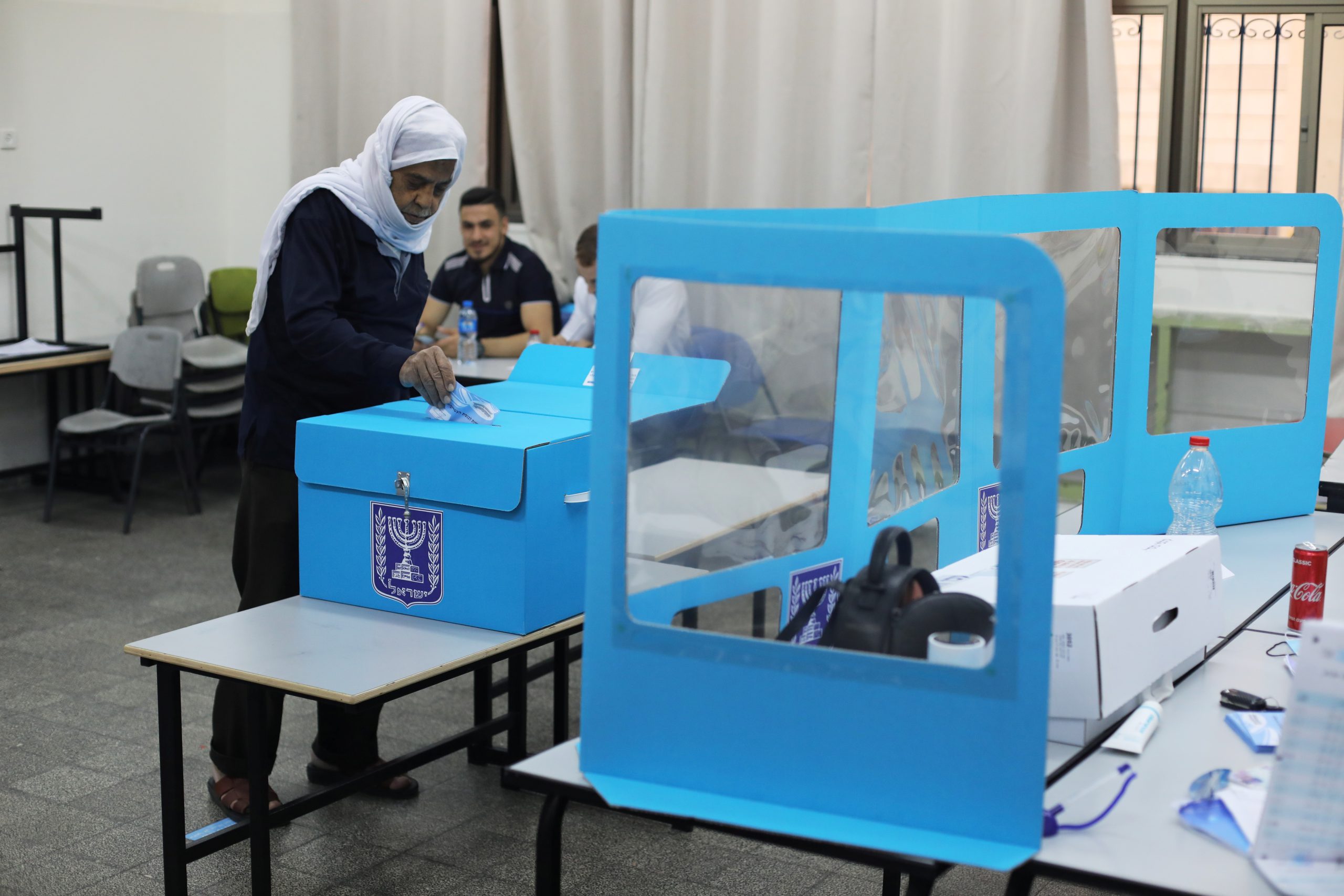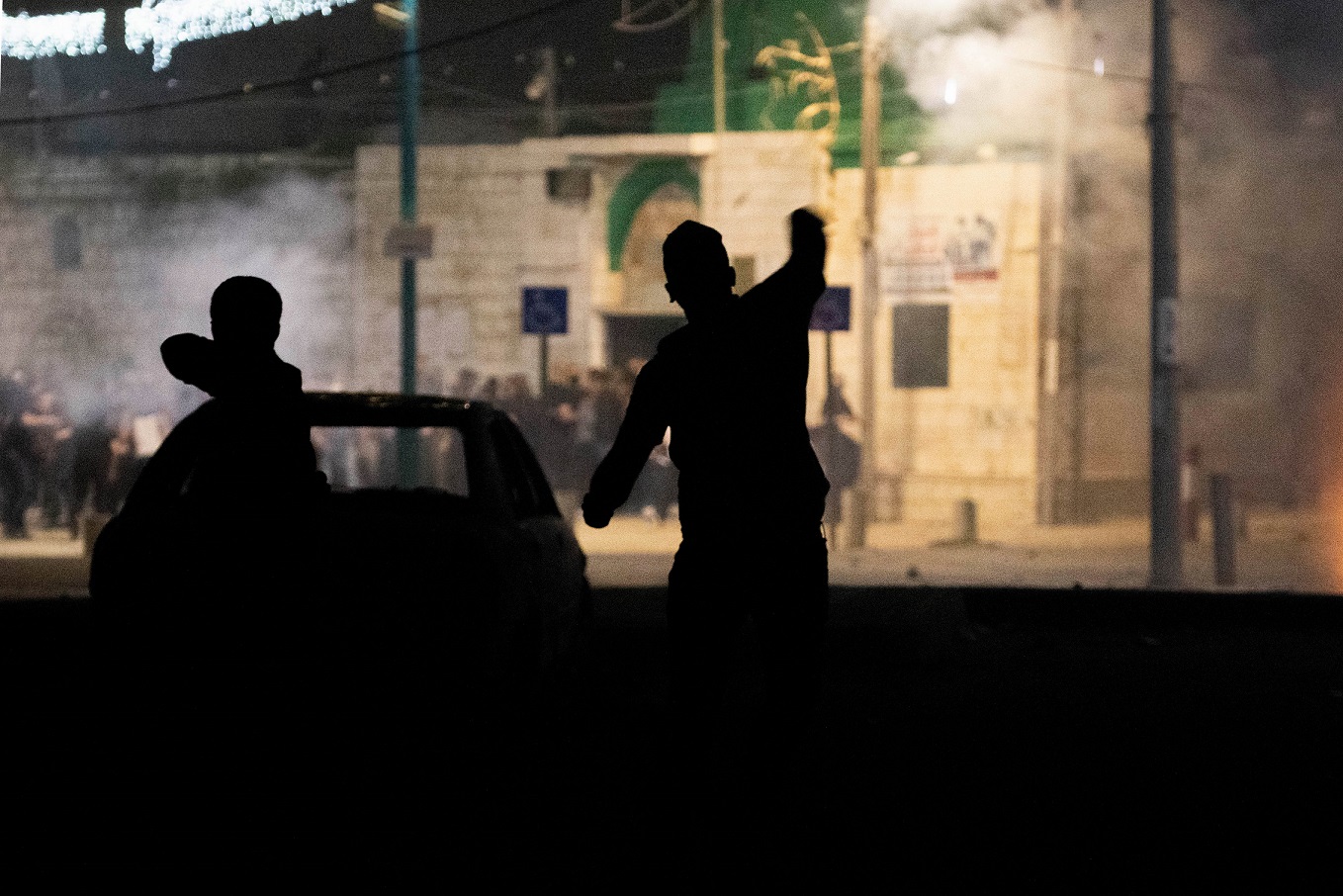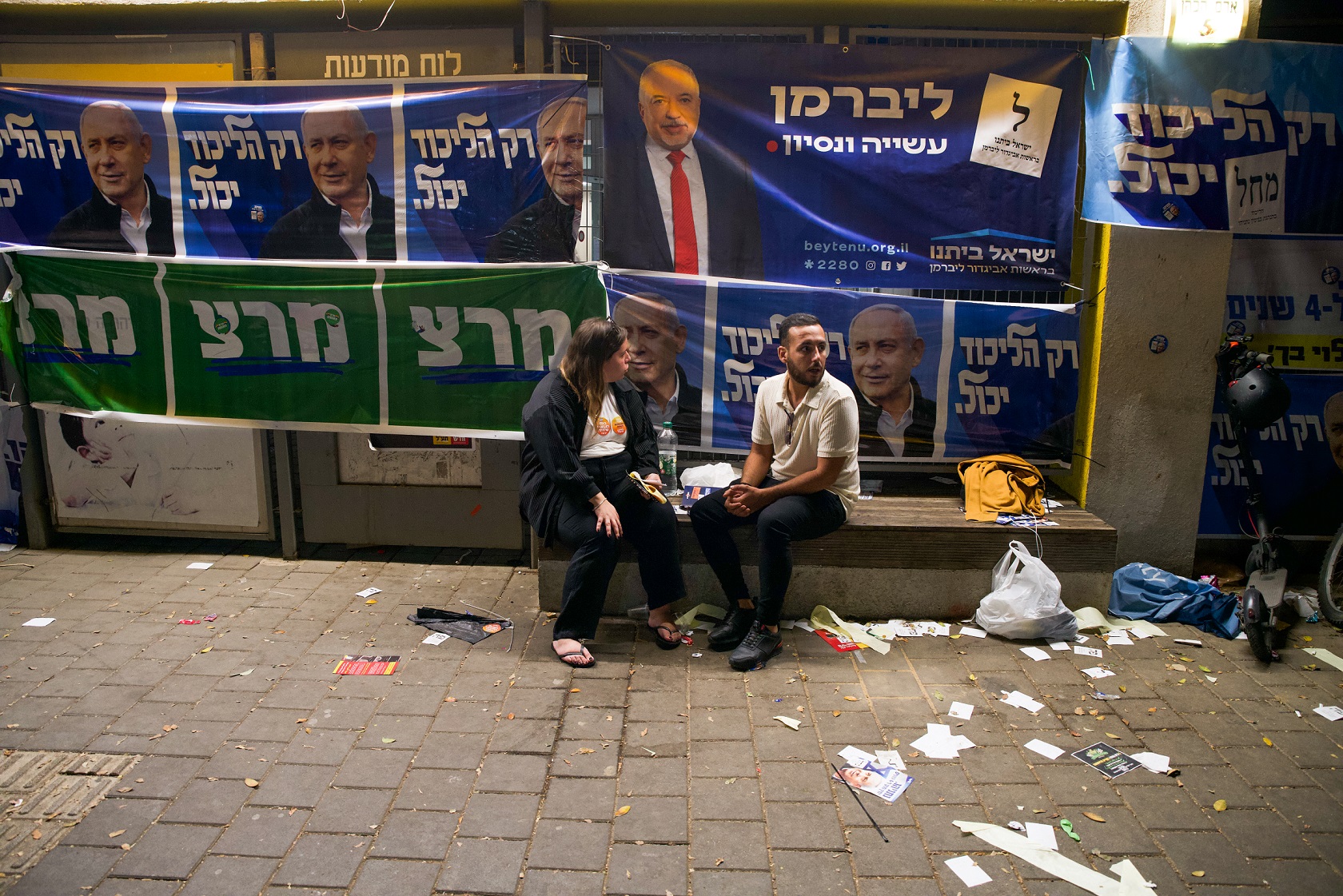Publications
INSS Insight No. 1664, December 1, 2022
The results of the recent elections to the 25th Knesset, even before the establishment of a new government, create a likely basis for governmental stability, which could well facilitate long-term planning and more effective management of critical national security issues. A central question in this context is the future influence of the Religious Zionism and Otzma Yehudit parties on the public mood and on decisions regarding sensitive issues, such as the Israeli-Palestinian conflict and Jewish-Arab relations in Israel, and in particular, volatile issues such as those relating to the holy places in Jerusalem. Beyond that, there are fundamental questions regarding the meaning and substance of Israel’s identity as a Jewish and democratic state, set against the background of the growing polarization in Israeli society and the clear right-wing majority in Israel’s Jewish population. The conduct of the incoming, decidedly right-wing government will greatly affect the political atmosphere in Israel and might deepen the divisions within it even further. These issues have important consequences for Israel’s national security, societal resilience, and international status.
The 2022 elections ended with a clear victory by the right-wing bloc led by Benjamin Netanyahu. As a result, Israel will likely emerge from the political crisis of the last three and a half years, which saw five Knesset elections. Examining the voting data in these elections by sector and with a long-term perspective paints a comprehensive and dynamic picture that reflects the changes that have taken place in Israeli society:
- Voter turnout in the 2022 elections increased, from 67.4 percent in the 2021 elections to 70.6 percent, but fell from the average of 78.8 percent in elections between 1973 and 1999.
- In the 2022 elections, there were more right wing voters than in the 2021 elections, which strengthened the Netanyahu bloc. This is evident from the voting pattern in cities traditionally identified with the right (Ashkelon – 3.2 percent more than in 2021; Beer Sheva – 4.6 percent more; and Dimona – a 6.9 percent increase). In contrast, center-left voters maintained a turnout similar to that of the 2021 elections (Tel Aviv – plus 0.4 percent; Givatayim – plus 0.3 percent, and Herzliya – plus 0.3 percent). Clearly, “the right” constitutes a growing majority in Israel’s Jewish population.

- Voter turnout in the Arab sector, which in the 2021 elections reached a historic low of 44.6 percent, rose to 53.2 percent, despite expectations of another significant drop. This is still lower than the 64.8 percent turnout in the 2020 elections, which was the highest rate since 1999. Thus, the relative strength of the Arab parties increased in the last elections compared to 2021 (10.8 percent compared to 8.6 percent), but their relative combined political strength did not increase, mainly due to a split that left the nationalist Arab party Balad below the minimum threshold of 3.25 percent.
- The ongoing trend among the Arab public away from the Zionist parties continued. In the 1992 elections, a majority (52.3 percent) of Arab voters chose Zionist parties, with the Labor Party winning 20.6 percent of their votes. Thirty years later, only 14.2 percent of Arabs voted for Zionist parties. This trend began after the eruption of the second intifada and may indicate a growing Palestinian identity in the Arab public.
- The strength of the ultra-Orthodox parties rose from 12.8 percent of the votes in 2021 to 14.2 percent in 2022. Although Shas and United Torah Judaism increased their combined Knesset representation from 16 to 18 seats, their relative strength in the Knesset has remained stable over the past two decades. While it grew from 8.2 percent of the vote in 1992 to 14.2 percent in 2022, since 2003 their political representation has remained fairly stable, between 16-18 seats. Given that on average, ultra-Orthodox families have about twice as many children as non-ultra-Orthodox families – UTJ voters increased from 3.3 percent of the population in 1992 to 5.9 percent today -- this electoral stability can be explained by a significant number of ultra-Orthodox votes going to non-ultra-Orthodox parties.
- The most notable and important change is the prominent growth of the Religious Zionist -Otzma Yehudit joint list, led by Bezalel Smotrich and Itamar Ben-Gvir, respectively, which won 14 mandates – 8 mandates more than in 2021. The voting in the relevant localities explains this growth: in the 2021 elections a large majority of the new supporters of the Religious Zionism-Otzma Yehudit list voted for the Yamina list, led by Naftali Bennett and Ayelet Shaked. This is evident in cities where the two aligned parties scored significant gains (Be'er Sheva - 15.7 percent; Jerusalem - 14.2 percent; and Ashkelon - 13.3 percent), as well as in cities affiliated with the center-left bloc parties. Overall, the Yamina-Jewish Home list lost more than 80 percent of its 2021 voters (from 6.21 to 1.19 percent of the vote), while Religious Zionism-Otzma Yehudit more than doubled its strength (from 5.1 percent to 10.8 percent). It appears that the strengthening of Religious Zionism-Otzma Yehudit resulted from the disappearance of Yamina-Jewish Home, which failed to cross the electoral threshold. Those seeking a party to the right of Likud now found only one such party list — Religious Zionism-Otzma Yehudit – as the case when Israel Beitenu, led by Avigdor Lieberman ("Only Lieberman understands Arabic"), won 15 mandates in the 2009 elections.
- In the division into three blocs (right, center-left, and Arabs), the right wing bloc led by Netanyahu grew from 48.3 percent in 2021 to 49.6 percent in 2022; the center-left bloc, with its right-wing elements, declined from 41.5 percent to 38.3 percent; and the Arab bloc rose from 8.6 percent to 10.8 percent.

Significance
A government based on a coalition of 64 MKs creates a fairly solid basis for survival and therefore for governmental stability. This is important for long-term planning and for a more effective management of critical national security issues. Inter alia, governmental stability will prevent a situation in which the state runs without a budget and will help the decision makers initiate moves such as the expansion of the Abraham Accords and possibly steps that will contribute to a political separation between Israel and the Palestinians – issues on which there is broad agreement in the Israeli public – even if decisions pertaining to the Palestinian issue may provoke controversy within the emerging coalition.
On the other hand, the far-right Religious Zionism and Otzma Yehudit parties in the incoming government may pose serious challenges to the stability of the coalition, at least in two important areas of national security. The first challenge relates to the Palestinian issue, both regarding an expected tougher approach toward the Palestinians and a more lenient attitude toward the settlement population in the West Bank, likely leading to increasing violence and possible deterioration in Jewish-Arab relations within Israel. The volatile issue of the holy places in Jerusalem will be at the epicenter, likely accelerating large-scale clashes both in the West Bank and in Jerusalem, possibly leading to radicalization and violence within the Arab-Israeli public. The second challenge concerns the attitude of the US administration toward the prominence of the Religious Zionism and Otzma Yehudit parties in the government. This may damage the special relationship with the Biden administration as well as the close ties with the American Jewish community.
In conclusion, this complex picture suggests tension between continuity in Israeli policy on basic foreign affairs issues and possible changes in the internal sphere, mainly concerning Arab-Jewish relations and expected controversies pertaining to the substance of Israel as a Jewish and democratic state. Here, the impact of Religious Zionism and Otzma Yehudit on the already charged public atmosphere and on the new government’s conduct and decisions on sensitive issues will probably be significant. The outcome of all these developments will likely have immediate consequences for Israel's national security and international status.



